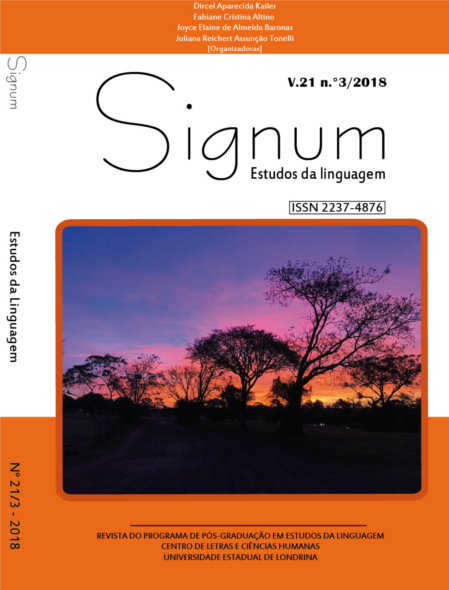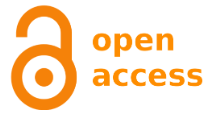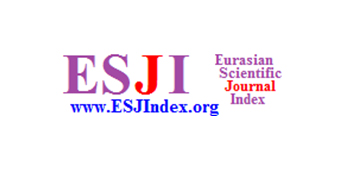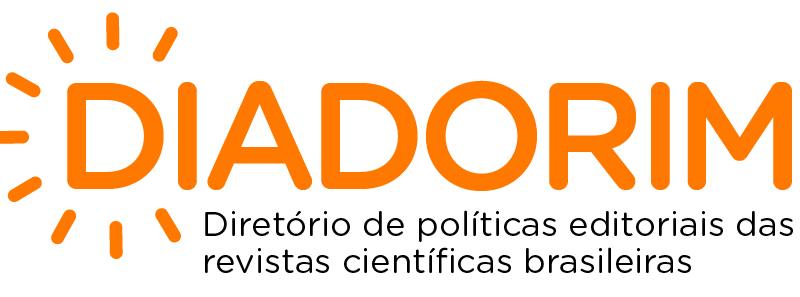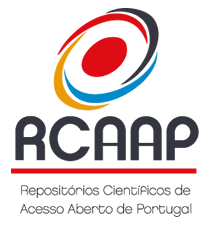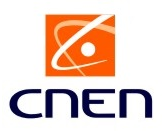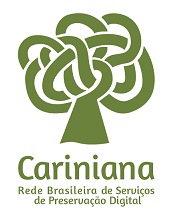The Portuguese Language teaching through a literacy project: the school newspaper
DOI:
https://doi.org/10.5433/2237-4876.2018v21n3p424Keywords:
School Newspaper, Literacy Projects, Teaching of Portuguese LanguageAbstract
The present paper aims to present a proposal for the teaching of Portuguese language based on literacy perspective. It is an action research whose specific objective was the creation of school newspaper as a strategy to promote the teaching of Portuguese language. From this objective the discursive genres necessary for the elaboration of the newspaper were studied. Therefore, this work is based on the official documents that govern Brazilian education; Literacy Studies, according to Street (2014), Kleiman (1995, 2000, 2005, 2006a, 2010), Soares (2001). There is also the assumption of the socio-historical conception of language based on Bakhtin (2003), considering that social practices should guide the teaching of the mother tongue in the school context. As a result, it was possible to observe that thinking about teaching based on social practices contributes to the teaching-learning process, since the production of the journal's genres (BONINI, 2014), related to student and community issues, sense at the time of production.Downloads
References
ANTUNES, Irandé. Muito além da gramática: por um ensino de línguas sem pedras no caminho. São Paulo: Parábola Editorial, 2007.
BAKHTIN, Mikhail. Os gêneros do discurso. In: _____.?Estética da criação verbal. Trad. Paulo Bezerra. 4 ed. São Paulo: Martins Fontes, 2003.
BONINI, Adair (org.). Os gêneros do jornal. Florianópolis: Insular, 2014.
BRASIL. Lei de Diretrizes e Bases da Educação Nacional. Lei número 9394, 20 de dezembro de 1996.
BRASIL. Ministério da Educação. Secretaria da Educação Fundamental. Parâmetros Curriculares Nacionais: terceiro e quarto ciclos do Ensino Fundamental - Língua Portuguesa. Brasília, 1998. Disponível em: http://portal.mec.gov.br/seb/arquivos/pdf/portugues.pdf Acesso em: 03 jun. 2016.
BRASIL. Diretrizes Curriculares Nacionais para a Educação Básica. In: Brasil. Ministério da Educação. Diretrizes Curriculares Nacionais Gerais da Educação Básica. Ministério da Educação. Secretaria de Educação Básica. Diretoria de Currículos e Educação Integral. Brasília: MEC, SEB, DICEI, 2013. p. 6-79.
ERICKSON, Frederick. Transformation and School Success: the politics and culture of educational achievement. Anthropology & Education Quarterly, v. 18, n. 4, p. 335-356, 1987.
FARACO, Carlos Alberto. Norma Culta Brasileira: desatando alguns nós. São Paulo: Parábola Editorial, 2008.
FREINET, Célestin. O Jornal Escolar. 2 ed. Lisboa: Estampa: 1974.
GIL, Antonio Carlos. Como elaborar projetos de pesquisa. 5. ed. São Paulo: Atlas, 2010.
GNERRE, Maurizio. Linguagem, escrita e poder. 3ª ed. São Paulo: Martins Fontes, 1991.
HERNÁNDEZ, Fernando. Transgressão e mudança na educação: os projetos de trabalho. Trad. Jussara Haubert Rodrigues. Porto Alegre: ArtMed, 1998.
HERNÁNDEZ, Fernando; VENTURA, Montserrat. A organização do currículo por projetos de trabalho: o conhecimento é um caleidoscópio. Trad. Jussara Haubert Rodrigues. Porto Alegre: ArtMed, 1998.
KLEIMAN, Angela. Modelos de letramento e as práticas de alfabetização na escola. In: KLEIMAN, Angela (org.). Os significados do letramento: uma nova perspectiva sobre a prática social da escrita. Campinas: Mercado de Letras, 1995, p. 07-61.
KLEIMAN, Angela. O processo de aculturação pela escrita: ensino da forma ou aprendizagem da função??In: KLEIMAN, Angela; SIGNORINI, Inês (orgs). O ensino e a formação do professor: alfabetização de jovens e adultos. Porto Alegre: Artmed, 2000, p. 223-243.
KLEIMAN, Angela. Preciso "ensinar" o letramento? Não basta ensinar a ler e a escrever? Campinas: Cefiel/Unicamp, 2005. Disponível em: http://www.letramento.iel.unicamp.br/publicacoes/artigos/preciso_ensinar_letramento-Kleiman.pdf Acesso em: 26 jun. 2016.
KLEIMAN, Angela. Leitura e prática social no desenvolvimento do ensino médio. In: Português no ensino médio e formação do professor. BUNZEN, Clecio & MENDONÇA, Márcia. (orgs). São Paulo: Parábola editorial, 2006a.
KLEIMAN, Angela. Trajetórias de acesso ao mundo da escrita: relevância das práticas não escolares de letramento para o letramento escolar. Perspectiva, Florianópolis, v.28, n.2, 375-400, jul./dez. 2010.
OLIVEIRA, Maria do Socorro. Gêneros textuais e letramento. Revista brasileira de linguística aplicada. Belo Horizonte, v. 10, n. 2, p. 325-345, 2010 . Disponível em: http://www.scielo.br/pdf/rbla/v10n2/03.pdf Acesso em: 10 out. 2017.
OLIVEIRA, Maria do Socorro; TINOCO, Glícia Azevedo; SANTOS, Ivoneide Bezerra de Araújo. Projetos de letramento e formação de professores de língua materna. 2 ed. Natal: EDUFRN, 2014. Disponível em: https://repositorio.ufrn.br/jspui/bitstream/1/11787/1/E-book%20Projetos%20de%20letramento.pdf Acesso em: 25 jan. 2017.
PARANÁ. Secretaria de Estado da Educação. Diretrizes Curriculares de Língua Portuguesa. Curitiba: SEED, 2008.
POSSENTI, Sírio. Por que (não) ensinar gramática na escola. Campinas, Mercado de Letras, 1996
SOARES, Magda. Letramento: um tema em três gêneros. 2 ed. Belo Horizonte: Autêntica 2001.
STREET, Brian V. Letramentos sociais: abordagens críticas do letramento no desenvolvimento, na etnografia e na educação. Trad. Marcos Bagno. São Paulo: Parábola Editorial, 2014.
TINOCO, Glícia M. Azevedo de M. Projetos de letramento: ação e formação de professores de língua materna. 2008. 254 f. Tese (Doutorado) - Universidade Estadual de Campinas, Instituto de Estudos de Linguagem. Campinas: [s.n.], 2008. Disponível em: http://www.letramento.iel.unicamp.br/portal/wpcontent/uploads/2009/07/TINOCO_Glcia_-_TESE_Lingustica_Aplicada.pdf. Acesso em: 20 ago. 2016.
Published
How to Cite
Issue
Section
License
Copyright (c) 2019 Signum: Estudos da Linguagem

This work is licensed under a Creative Commons Attribution-NonCommercial-NoDerivatives 4.0 International License.
This journal reserves the right to make, in the originals, normative, orthographic and grammatical modifications in order to maintain the standard language and the credibility of the publication. It will respect, however, the authors' style of writing. Modifications, corrections and suggestions of conceptual order will be forwarded to the authors, if necessary. In these cases, the papers, once appropriate, should be submitted to a new appreciation. The final examinations will not be forwarded to the authors. Works published become property of Signum, being its total or partial reprint subject to an explicit authorization of the journal. In all subsequent quotes the original source of publication should be mentioned, in case, in Photographic Discourse. Opinions emitted by the authors are their exclusive responsibility.